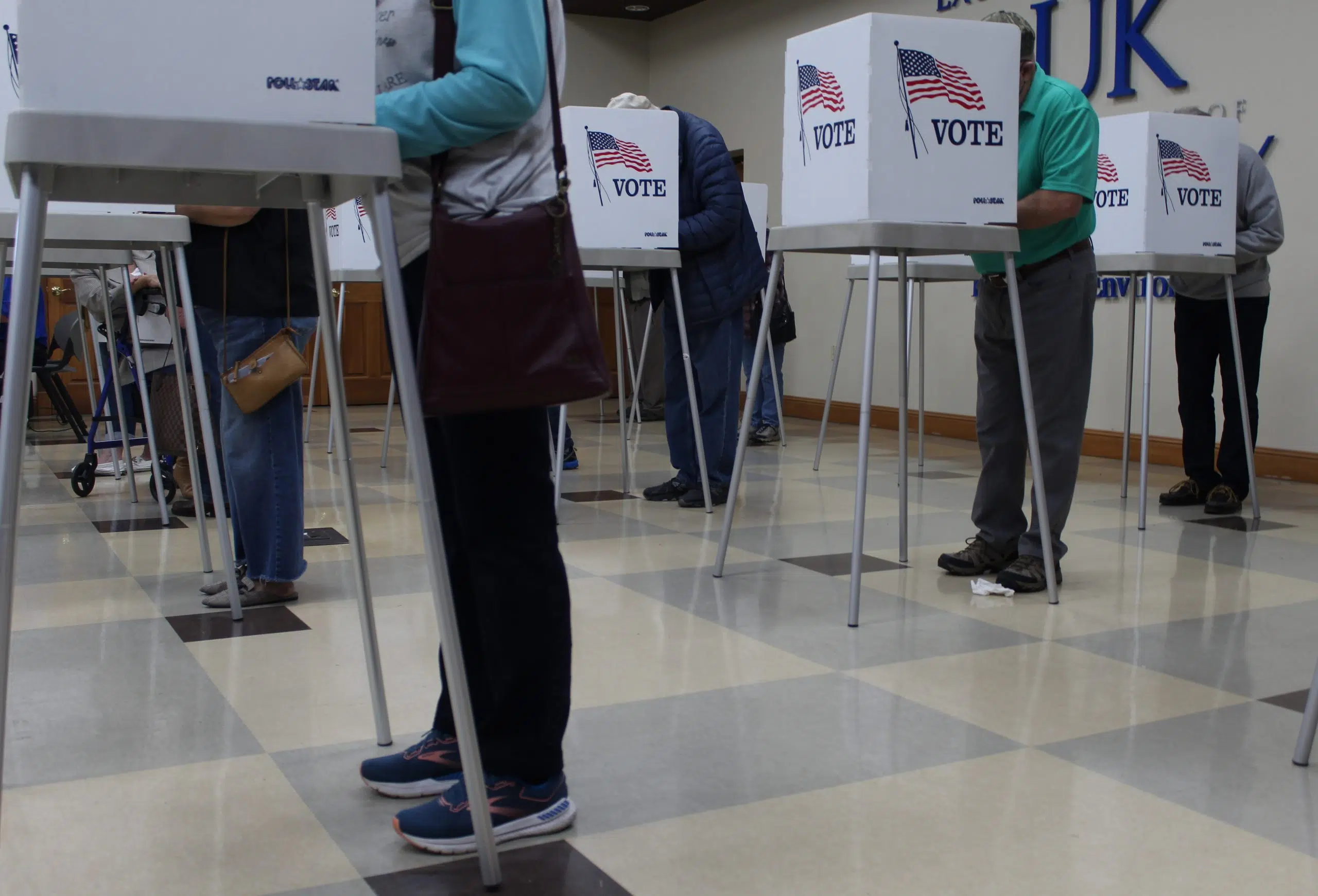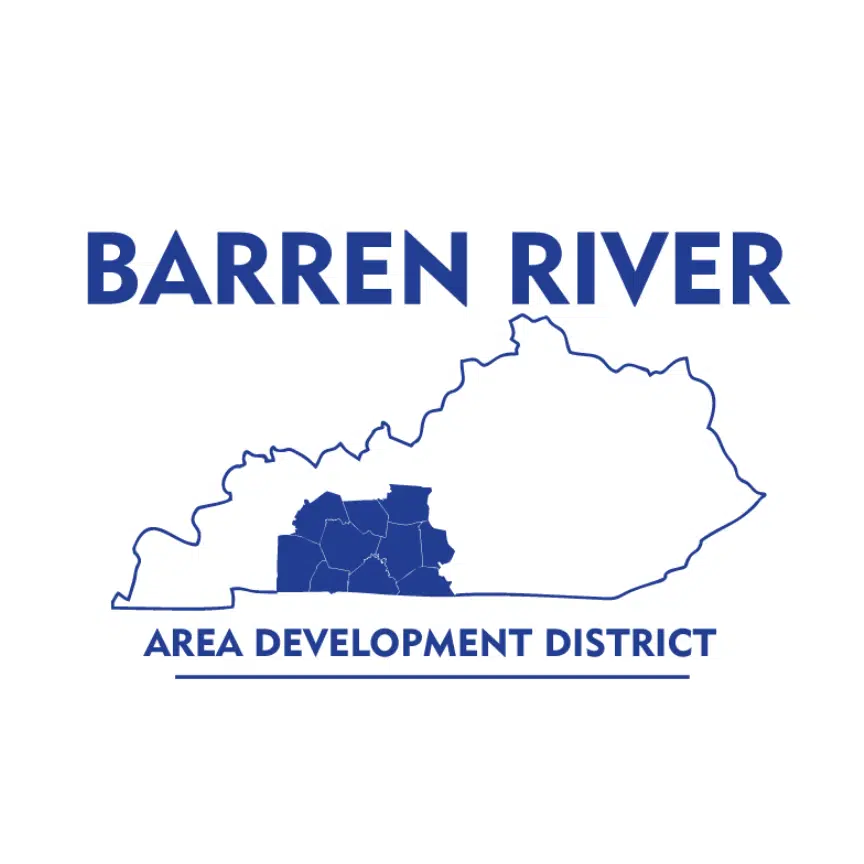
GN1 FILE PHOTO. Melinda J. Overstreet/Glasgow News 1
By MICHAEL CRIMMINS
Glasgow News 1
As the legislative session comes to its final days, Barren County residents — along with the other 4.5 million Kentuckians — will have the opportunity to share their opinion, and cast their vote, on two proposed constitutional amendments.
As November draws ever closer numerous political offices will be on the ballot including the election of U.S. House member, elections to the Kentucky senate and house, elections of numerous school board positions, circuit clerks and city council. Chief among the upcoming races on the ballot will be the presidential election.
Included among the ballot will be two proposed constitutional amendments that managed to receive 3/5th support in both the Kentucky House of Representatives and the Senate. Proposed amendments to the commonwealth’s constitution do not need to get the governor’s signature as most bills do, but shall “be submitted to the voters of the State for their ratification or rejection,” as section 256 of the Kentucky Constitution explains.
The pair included are House Bill 2, which would remove the constitutional obstacles to providing state monies to private educational institutions, and Senate Bill 143 that states only citizens are allowed to vote in Kentucky.
A plethora a voices, both raised in favor and in opposition, have spoken on HB 2 with Jim Waters, president of the Bluegrass Institute for Public Policy Solutions, saying that “the more choice parents have, the better their K-through-12 system performs” and Barren County Finance Director Joe Murley saying it could create a dual set of education funding that could be “expensive” and “costly.”
According to the voting record on HB 2 Representative Steve Riley (R), who represents Barren County and a member of the house education committee, voted nay on March 13, creating a 65-32 margin.
Riley echoing the words of concern of Murley said much of the rural education money comes from the state and, in light of that fact, he had to vote against the proposal.
“My fear, and I think this is a lot of the fears of representatives in rural areas, is that funding [for public schools] will not be as adequate as it needs to be,” Riley said. “I think a lot of people [from rural areas that are] in the legislature are concerned about funding for their schools. I don’t think school choice is going to be big in rural areas, I think it will be more predominant in urban areas, and as a representative of a rural area I felt like I needed to protect my area as far as education goes.”
David Givens (R), the senator representing Barren, Edmonson, Greene, Hart and parts of Warren counties, joined with the other 27 yea votes on March 15, allowing its passage with a 27-8 margin.
Currently the commonwealth’s constitution states “Every citizen of the United States of the age of eighteen years who has resided in the state one year, and in the county six months, and the precinct in which he offers to vote sixty days next preceding the election, shall be a voter in said precinct” with the exception of felons, “Persons who, at the time of the election, are in confinement under the judgment of a court for some penal offense” and “idiots and insane persons.”
This amendment adds the sentence “No person who is not a citizen of the United States shall be allowed to vote in this state” to section 145. It goes on to state this would also apply to school board elections.
Both Givens and Riley voted in favor of this proposed amendment making the margins 31-4 and 72-12 respectively.
Up to four proposed constitutional amendments are allowed on the ballot at a time but with only two days — Friday, April 12 and Monday, April 15 — remaining in the 2024 Regular Session that leaves little to no time to take action on the various proposed amendments that did not garner enough support from the bicameral legislature. For example, Senate Bill 126 that proposed to limit the governor’s pardon and commutation ability did not get past the Election, Constitutional Amendments and Intergovernmental Affairs Committee.
“In the end the people get to decide,” Riley said. “The people of Kentucky will decide what they want, and we’ll see how it goes in November.”

Comments